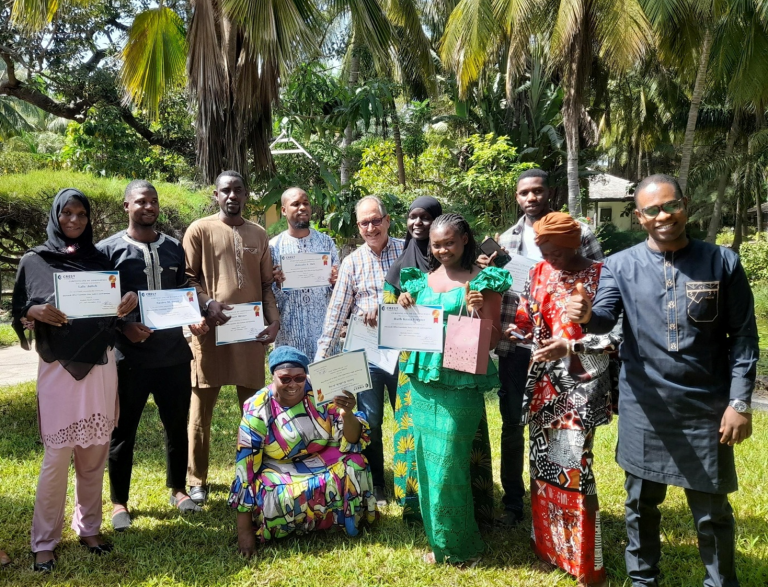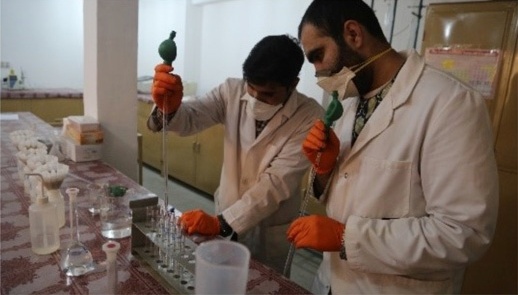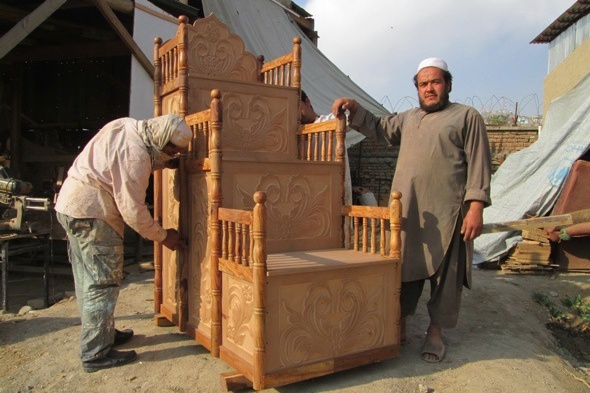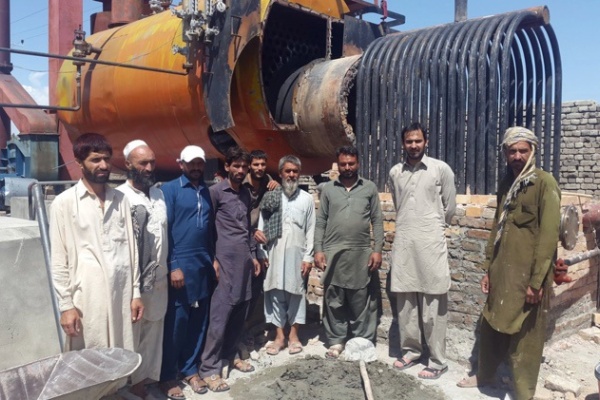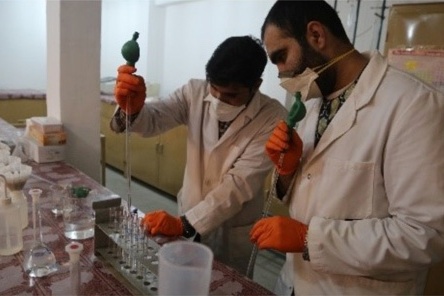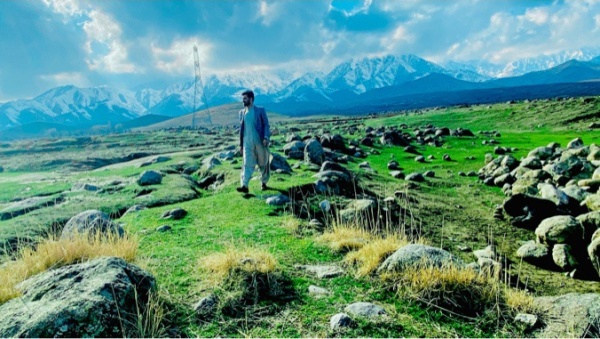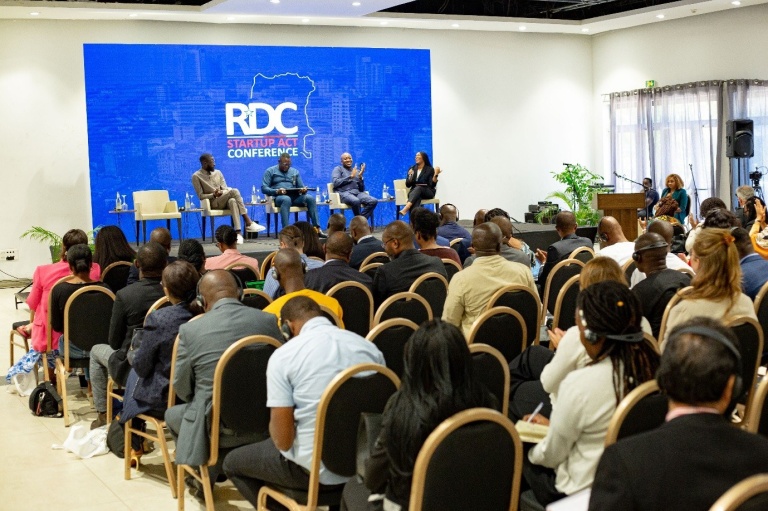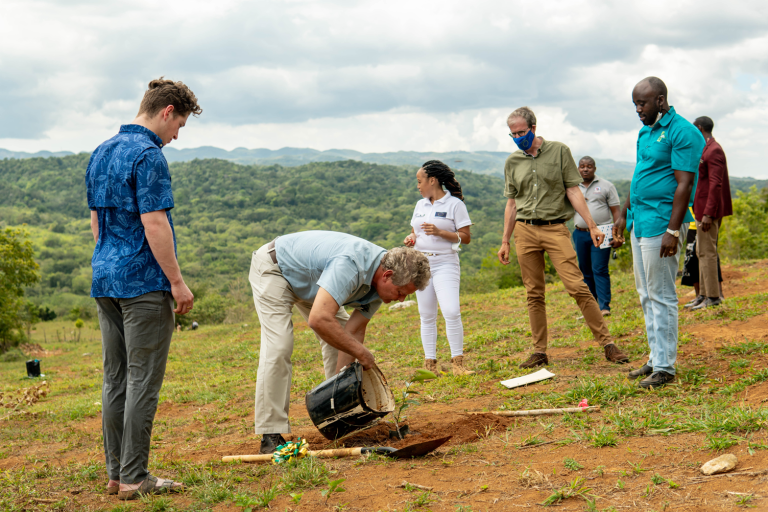To change the economic situation, Landell Mills designed and implemented a private sector challenge fund. The fund encouraged the private sector to conceptualise, develop and implement their own pro-poor and innovative investment projects. The grantees were the vehicle to introduce new goods, services or jobs into the market, and the beneficiaries were Afghans who directly benefitted from investments.
The three following overarching principles guided the project: the commercial sustainability of business investments made by grantees; the likelihood of the positive impact of investments on target beneficiaries; and the transparency of the award process. ABIF identified sectors where investments were anticipated to benefit the greatest number of people possible. The sectors chosen were healthcare services, agriculture and horticulture, livestock, the carpet industry, furniture production and carpentry, and mining services.
